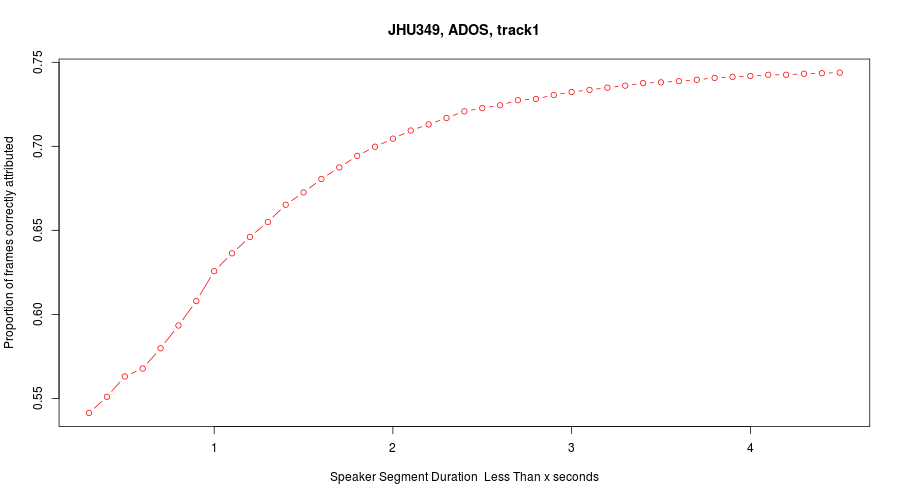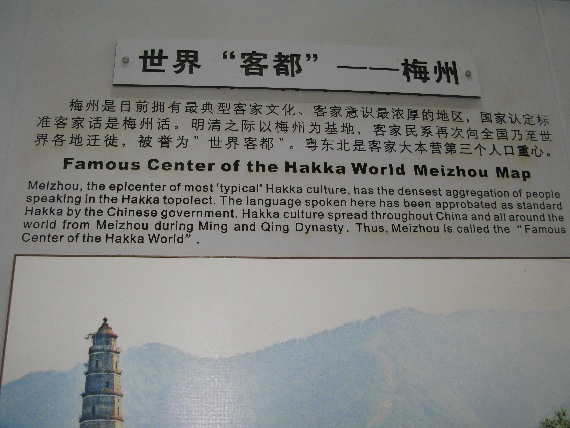Prepositional phrase attachments of the week
By coincidence, today's email brought two contributions of links to remarkable examples of PP-attachment ambiguity.
The first one was the lede from this story — Jason Rosenbaum & Marshal Griffin, "Hawley: Evidence exists to charge Greitens for obtaining charity fundraising list", St. Louis Public Radio, 4/18/2018:
Attorney General Josh Hawley is asking the St. Louis circuit attorney to file criminal charges against Gov. Eric Greitens for allegedly illegally obtaining a fundraising list from a charity he founded for political purposes.
It took me a couple of re-reading to clarify the point that Mr. Greitens obtained the list for political purposes, not that he founded the charity for political purposes.
And in this headline, it's the man who was charged, not the woman he shot: "Man out of jail after 16 months for shooting Nashua woman charged with vicious beating of new girlfriend", NHangle.com 4/16/2018
[h/t John Lawler and Mark Mandel]






